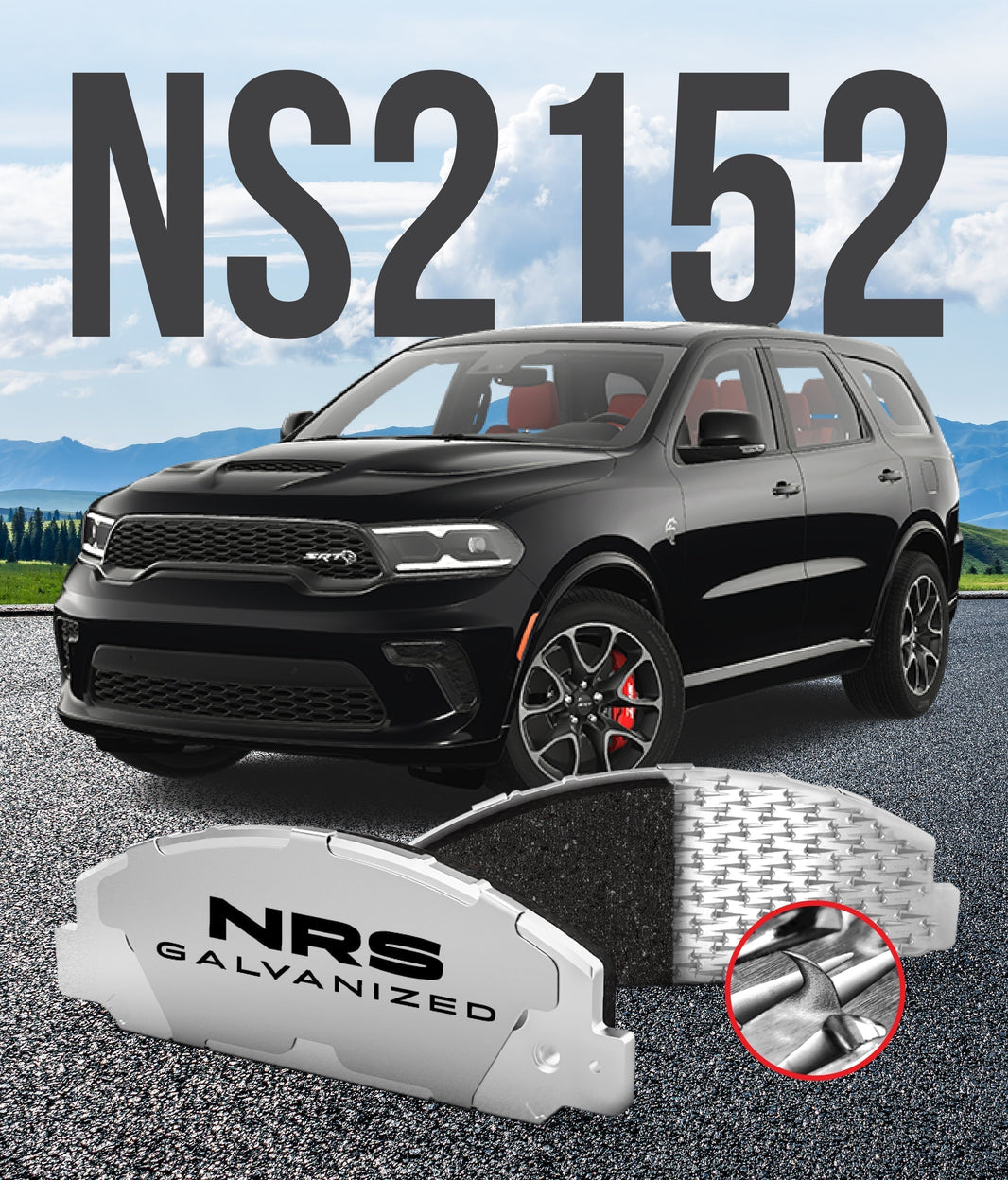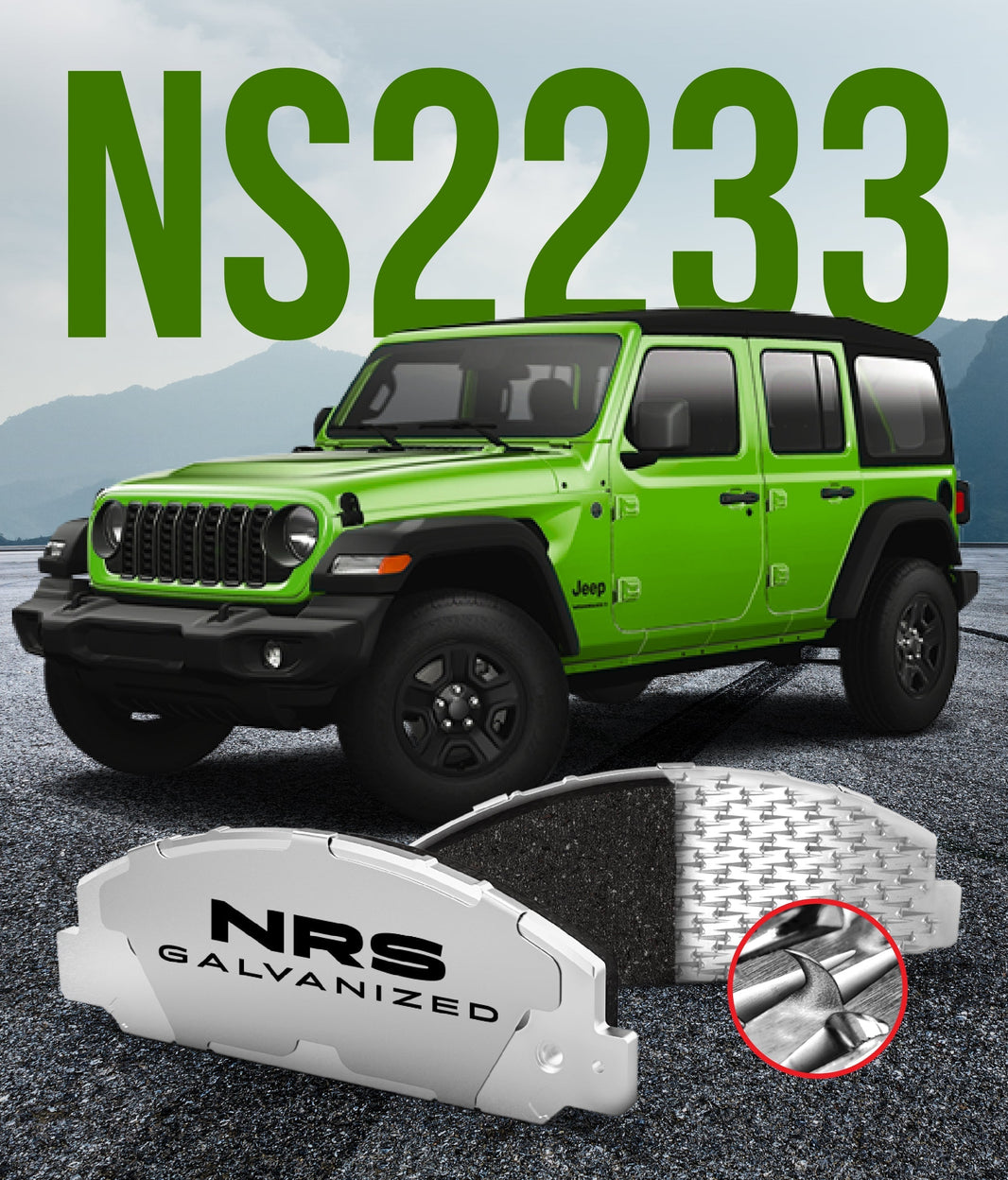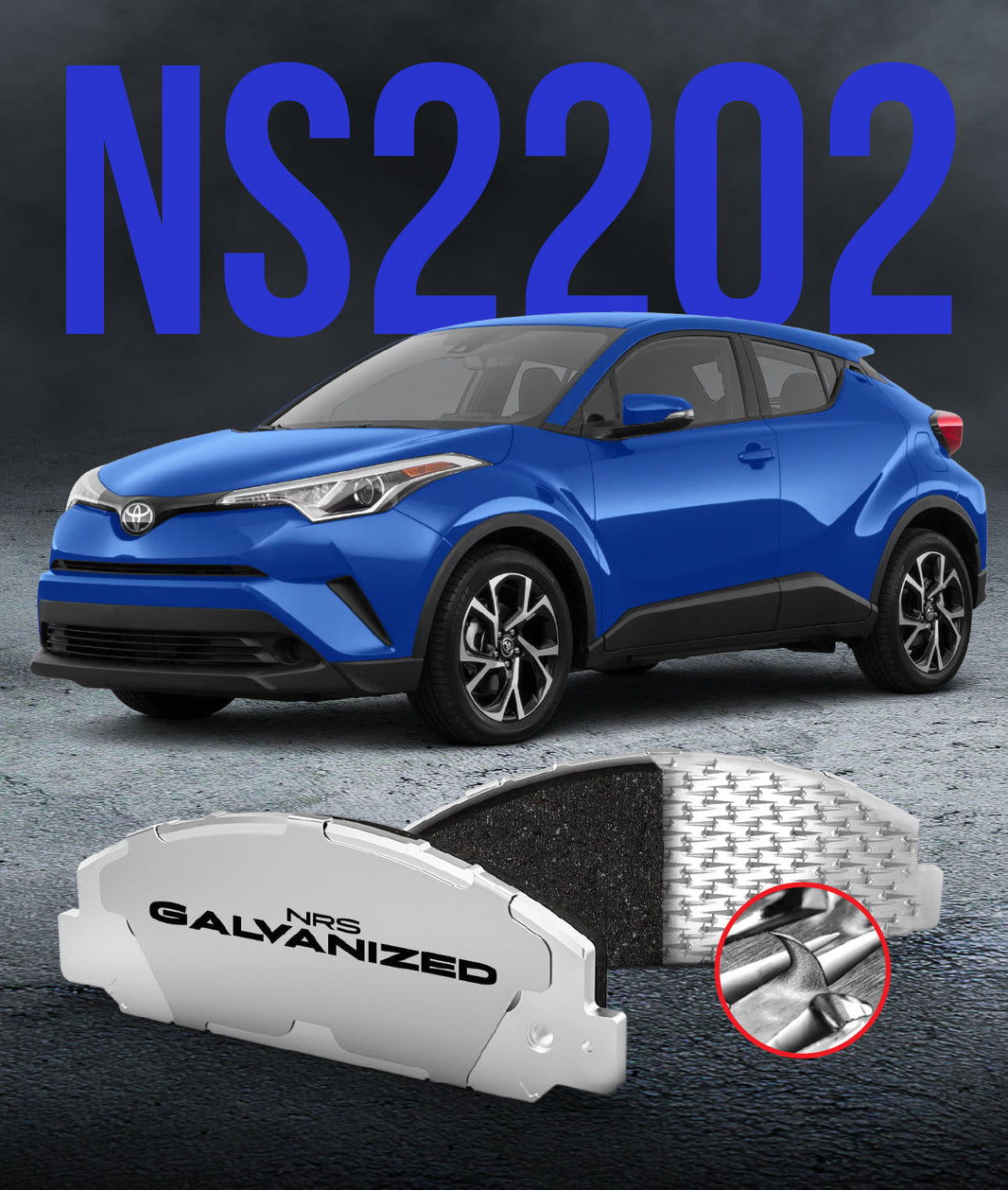
In recent years, the electric car market has grown exponentially. Analysts now place the global market for electric vehicles to be just under $200 billion. This is a number that’s only expected to grow in the upcoming years at an estimated rate of 22.5% annually.
The boom we are experiencing in the EV market is substantial, but it also raises a few questions. With the market expanding so rapidly, consumers are seeing more and more electric vehicle options come to surface.
As of 2022, there are two competitors going head-to-head in the global EV market: Tesla and Lucid Motors. It is now time to take a deep dive into each manufacturer in order to determine which one truly makes the best electric car.
Tesla
Spearheaded by billionaire, Elon Musk, Tesla has a well-established customer base and Tesla vehicles are top performers and well reviewed by consumers. As of now, Tesla is the leading EV company in the world. Tesla’s Model 3 sedan has been the most popular model, offering self-driving capabilities and full-on screen features at a moderately affordable price.
Tesla manufactures all of their vehicles in house. This helps to guarantee the quality control of essential vehicle parts, such as batteries, power trains, EV brake pads, and of course, their popular self-driving technology.
Tesla Features and Specifics:
-
Price: Tesla sells the Model S sedan for $79,990 (base model), with upgrades placing the car in the $140,000 range.
-
Self-Driving Tech: Tesla’s self-driving technology uses driver-assist systems, onboard cameras, sensors, and radar to automate driving. Their self-driving feature is marketed as “Full Self Driving.” However, the system’s features don’t truly enable drivers to have an entirely hands-free experience.
-
Battery Range: The Model S delivers 402 miles between charges.
-
Speed: The Model S achieves 0-60 mph in 2.1 seconds.
Lucid
A company that started out only selling EV batteries and power trains, Lucid has now brought multiple EV models to market. Their cars are known for offering a smooth ride, sleek design, and innovative technology. Many would also argue that their batteries are even better than Tesla’s, as they are capable of 4.5 miles per kWh compared to Tesla’s 4 miles per kWh.
Like Tesla, Lucid also manufactures all vehicles in house. It is currently estimated they’ve only sold 25,000 vehicles. This number is largely due to manufacturing restrictions. In the upcoming years, as Lucid expands its manufacturing capabilities, they are estimated to be able to make and sell upwards of 400,000 vehicles per year.
Lucid Features and Specifics:
-
Price: The Lucid Air (Model S competitor) starts at $77,400. It should be noted there is also a federal tax credit offered to Lucid buyers today worth up to $7,500.
-
Self-Driving Tech: Unlike Tesla, Lucid will use a lidar system to support their self-driving technology. Although it’s not yet available to the public, Lucid’s self-driving technology is expected to set a new benchmark for the industry.
-
Battery Range: An estimated 516 miles between full charges.
-
Speed: The Lucid Air delivers speeds of 0-60 mph in 2.6 seconds.
So, Which is Better: Tesla or Lucid
As of 2022, it’s tough to say which vehicle is better overall. Tesla certainly has a hold on the market as of now, but Lucid is here to stay! Current estimates have Lucid matching the demand of Tesla in only a few years.
Are you looking for the best electric vehicle brake pads? Owning a high-performance EV, like those produced by Lucid and Tesla, means having to outfit your car with the highest quality parts. Considering our durable construction and unbeatable service life, NRS Brakes offers the best brake pads for electric vehicles on the market. Feel free to reach out to see what NRS Brake Pads can do for your EV today!




